"A team that lacks money": Visma wins, but its financial muscle is suffering
Although Team Visma Lease a Bike continues to perform at the highest sports level, some believe that the fight to win a Tour de France is becoming increasingly distant due to their loss of purchasing power. Bjarne Riis, former Danish director and winner of the Tour de France in 1996, recently explained that the Dutch team is far behind economically compared to the major dominators of the peloton.
Bjarne Riis warns: “Team Visma lacks money to compete with the big teams”
In statements to the Danish media Feltet.dk, Riis shared his opinion on the current situation of Team Visma:
“I don’t think Visma is anywhere near being the number two or three in the peloton measured by budget. They are far from the top three: UAE, Lidl-Trek, and Red Bull-BORA-hansgrohe,” explained the former owner of structures like CSC or Saxo Bank for more than a decade.
The Dane points out that the difference is not only in the available money, but also in how the most powerful teams are managing their resources: “One thing is that they have a lot of money, like UAE. Another and more important thing is that they are good at their job. Yes, they may have an unlimited budget, but they have also been very good at hiring qualified people and finding young riders with great potential. It’s not because the others don’t have money.”
RECOMENDADO
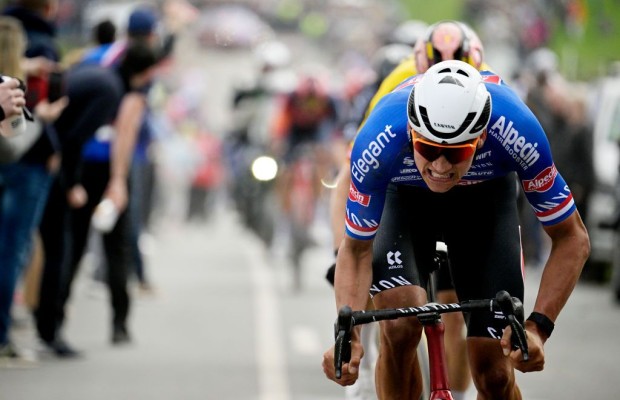
What happens if you exceed your maximum heart rate? Risks of pushing yourself to the limit
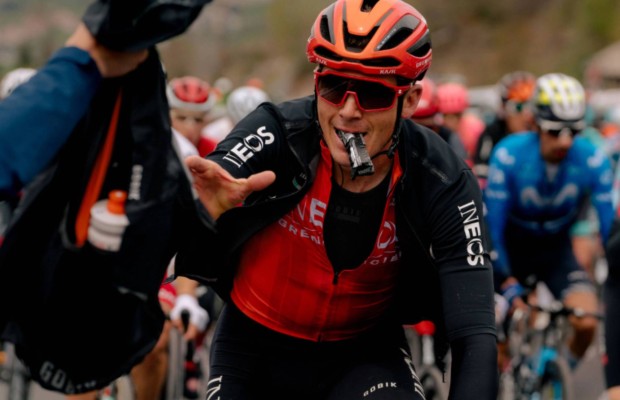
What are nitrates and why will they give you an extra boost in your performance on the bike?

How to wash your bike at a gas station without ruining it
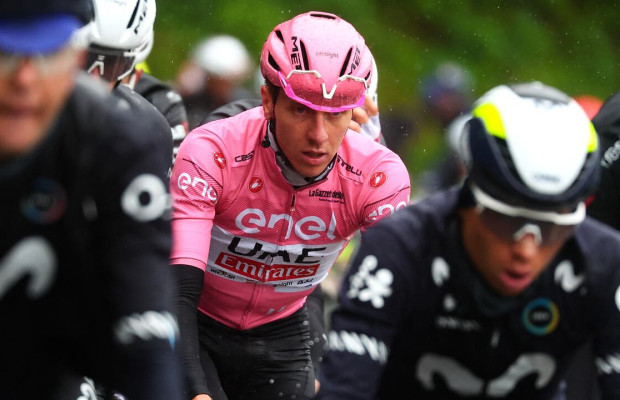
Tips for staying motivated to go out riding when cold, rain or night lurk
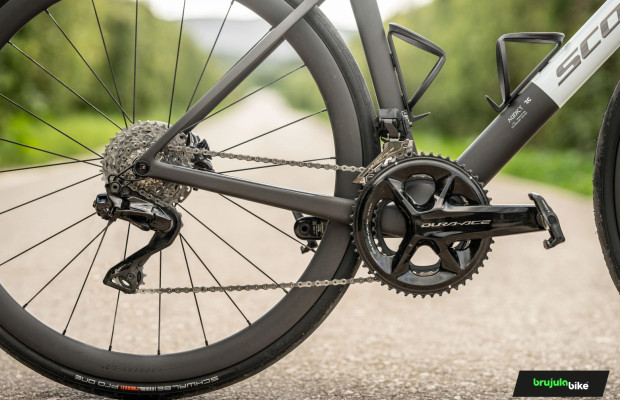
How to choose the right crankset and cassette: a guide to find the right ratio and extend the life of your bike
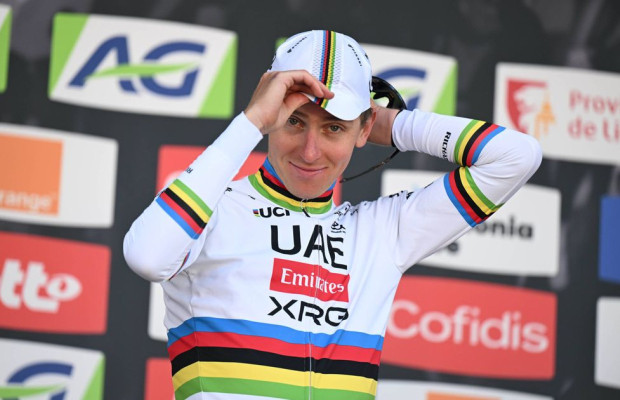
Complete 2026 UCI WorldTour calendar and key dates: the show begins
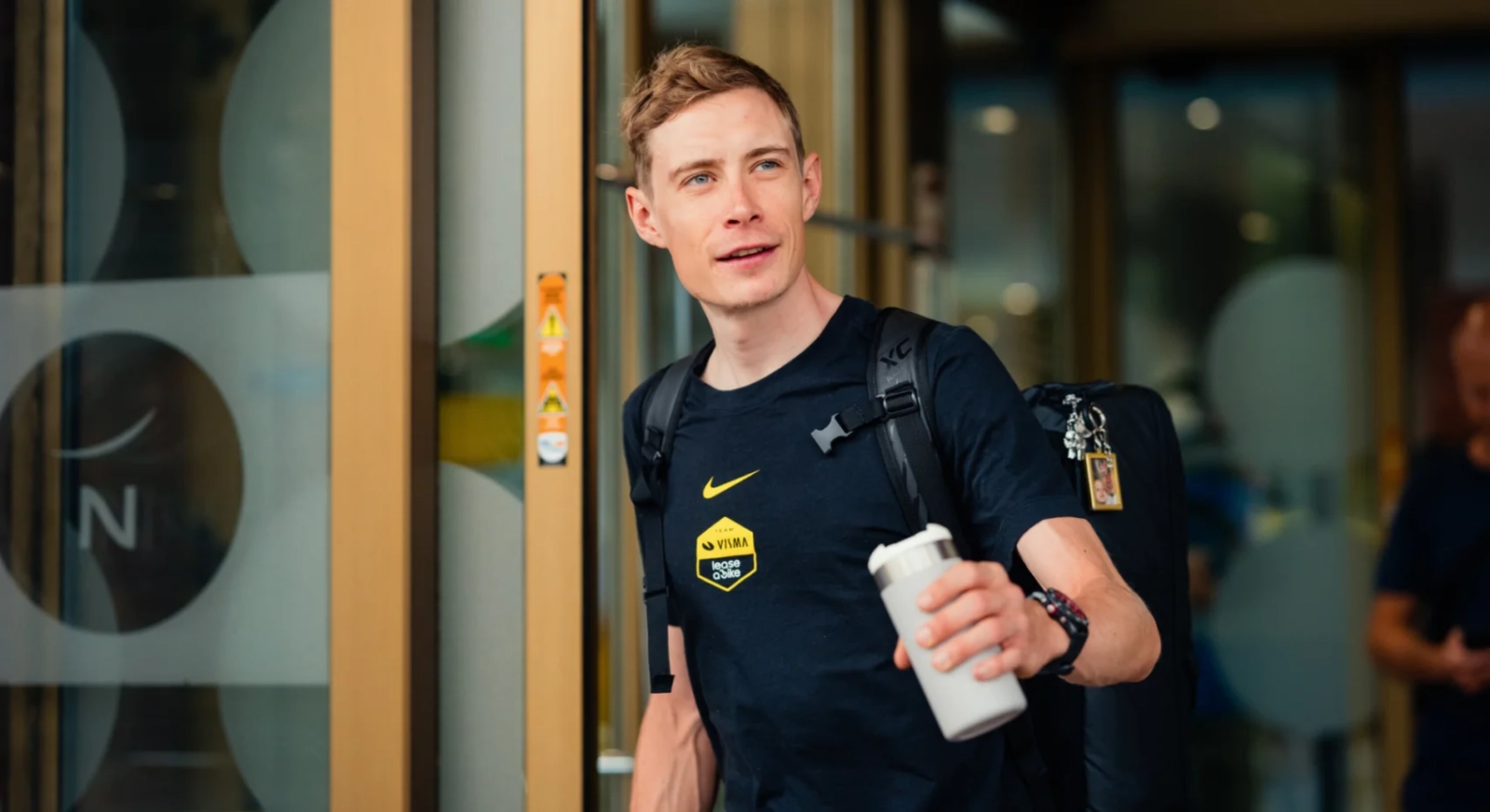
Riis believes that Visma has lost ground to its rivals and that its recruitment market reflects this loss of financial muscle. “It seems to me that it’s a team that lacks money because many of its strong cyclists are leaving. It’s not because they don’t want to keep them. They have decided to invest heavily in Wout van Aert and Jonas Vingegaard, and the riders just below them are leaving because the team cannot afford to keep them,” he adds.
Recent reality supports his analysis. In recent months, Visma has seen key riders like Olav Kooij, Dylan van Baarle, and Tiesj Benoot leave, while their new signings, such as Bruno Armirail, Davide Piganzoli, or several young riders from the development team, do not reach the level of the names that are departing.
Riis also points to the sponsorship structure as a possible indicator of fragility: “The people behind the team have many of their own sponsors linked to the project: Lease a Bike belongs to the Pon.Bike group, which also owns Cervélo, the bike brand they use. To me, that suggests they are not as financially strong as they would like to be.”
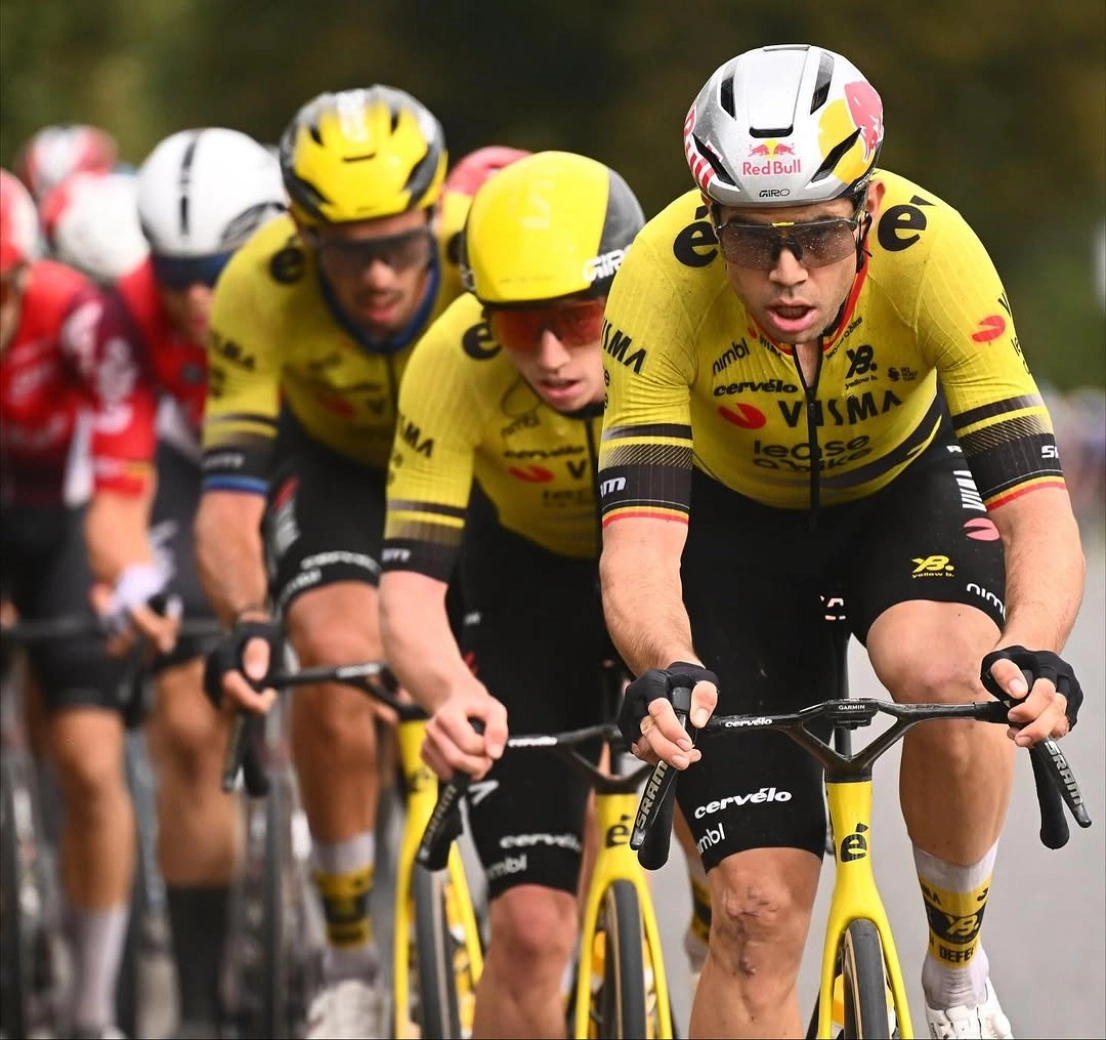
The Danish analysis highlights a clear trend in current cycling: the economic gap between the super teams and the rest of the peloton is widening every season. UAE Team Emirates, Red Bull-BORA-hansgrohe, and Lidl-Trek have raised their budgets to record levels, while others like Decathlon AG2R La Mondiale are already planning to exceed 30 million euros in 2026.
Visma Lease a Bike remains a sports reference and retains figures like Vingegaard and Van Aert, but Riis's words leave a warning in the air: in modern cycling, winning is not enough if one cannot continue to invest at the pace of the financial giants of the WorldTour.